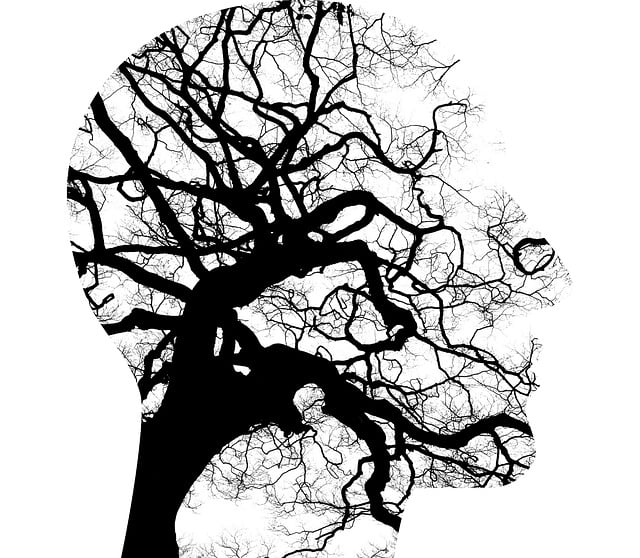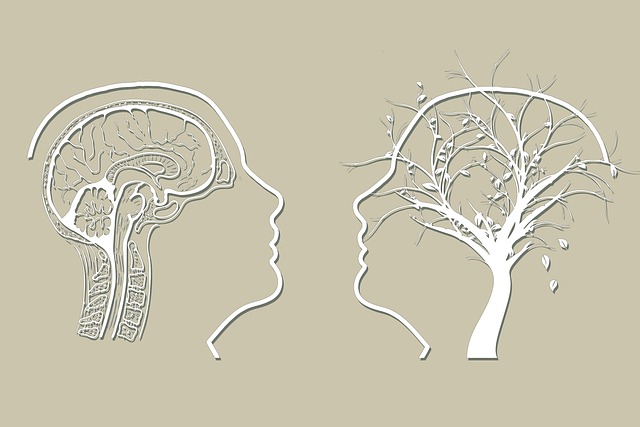Louisville's diverse community demands culturally sensitive mental healthcare, especially for individuals with autism spectrum disorder (ASD). The city's ASD therapy clinic leads the way in revolutionizing care through personalized approaches, cultural competency training, and mental wellness coaching. By addressing unique challenges and promoting understanding, they foster trust and improve outcomes. Ongoing education programs and stress reduction techniques are vital to ensuring equitable, effective care for diverse patients, making Louisville ASD Therapy a prominent example of inclusive mental healthcare.
Cultural sensitivity is a cornerstone of effective mental healthcare, especially when addressing diverse populations. This article explores this concept through various lenses, beginning with an understanding of cultural sensitivity in healthcare and its significance. We present a compelling case study on Louisville Autism Spectrum Disorder (ASD) Therapy, demonstrating the application of cultural competency in practice. Furthermore, we offer practical strategies for clinical settings to enhance cultural sensitivity, ensuring inclusive and compassionate care for all patients, including those from diverse cultural backgrounds, such as Louisville’s ASD community.
- Understanding Cultural Sensitivity in Mental Healthcare
- Louisville Autism Spectrum Disorder Therapy: A Case Study on Cultural Competency
- Strategies for Practicing Cultural Sensitivity in Clinical Settings
Understanding Cultural Sensitivity in Mental Healthcare

In the diverse landscape of Louisville, where individuals from various cultural backgrounds reside, providing mental healthcare that respects and embraces this diversity is paramount. Cultural sensitivity in therapy goes beyond basic communication; it involves recognizing and appreciating the unique beliefs, values, and traditions that shape an individual’s mental wellness experience. For instance, a client with an Autism Spectrum Disorder (ASD) might have distinct social interactions and communication preferences, necessitating therapists to adapt their approach accordingly. This personalized care ensures that clients feel understood and supported, fostering trust and encouraging open dialogue.
The importance of cultural sensitivity is particularly evident in the context of Louisville Autism Spectrum Disorder Therapy, where therapists must be prepared to navigate complex cultural nuances. Additionally, lessons learned from the Mental Wellness Podcast Series Production highlight the power of sharing personal stories and experiences across cultures, promoting understanding and reducing stigma. Burnout prevention and stress management within these diverse practices are also crucial, as professionals must be equipped to handle the unique challenges presented by a multicultural environment, ensuring they can provide optimal care without compromising their well-being.
Louisville Autism Spectrum Disorder Therapy: A Case Study on Cultural Competency

In Louisville, a dedicated team at the Autism Spectrum Disorder (ASD) Therapy clinic has been working diligently to bridge the gap between cultural understanding and mental healthcare. This initiative is pivotal in addressing the unique challenges faced by individuals on the autism spectrum, who often require tailored support for their specific needs. By incorporating cultural competency into their practice, the clinic ensures that every patient receives personalized care that respects their background and promotes healing.
The case study of Louisville ASD Therapy highlights the importance of training healthcare providers in depression prevention and mental wellness coaching programs development. Furthermore, it emphasizes burnout prevention strategies for healthcare providers, as these are essential to maintaining a supportive and effective environment for patients with autism spectrum disorders. Through such efforts, the clinic strives to revolutionize mental healthcare, making it more inclusive and accessible to diverse communities.
Strategies for Practicing Cultural Sensitivity in Clinical Settings

In clinical settings, cultivating cultural sensitivity among mental healthcare practitioners is paramount for delivering effective and equitable care, especially when treating diverse populations like those with Louisville Autism Spectrum Disorder Therapy needs. Strategies for practicing cultural sensitivity include ongoing mental health education programs that equip professionals with knowledge about various cultural beliefs, values, and practices. This understanding fosters empathy and helps in tailoring therapeutic approaches to respect individual cultural contexts.
Furthermore, incorporating stress reduction methods and depression prevention techniques within these educational frameworks can significantly contribute to culturally sensitive care. By recognizing and addressing the unique psychological challenges faced by diverse communities, mental healthcare providers can create a more inclusive environment. This approach not only enhances therapeutic outcomes but also promotes overall well-being for patients from various cultural backgrounds, ensuring that Louisville Autism Spectrum Disorder Therapy is delivered with consideration and respect.
Cultural sensitivity is an indispensable aspect of mental healthcare, as demonstrated by the successful Louisville Autism Spectrum Disorder Therapy program. By incorporating strategies such as education, awareness, and tailored interventions, mental health professionals can effectively serve diverse populations. Practicing cultural sensitivity not only enhances patient outcomes but also fosters inclusive environments that respect and honor individuals’ unique backgrounds. These efforts are crucial in ensuring equitable access to quality care for all, as we continue to navigate the complex landscape of cultural competency in mental healthcare.














